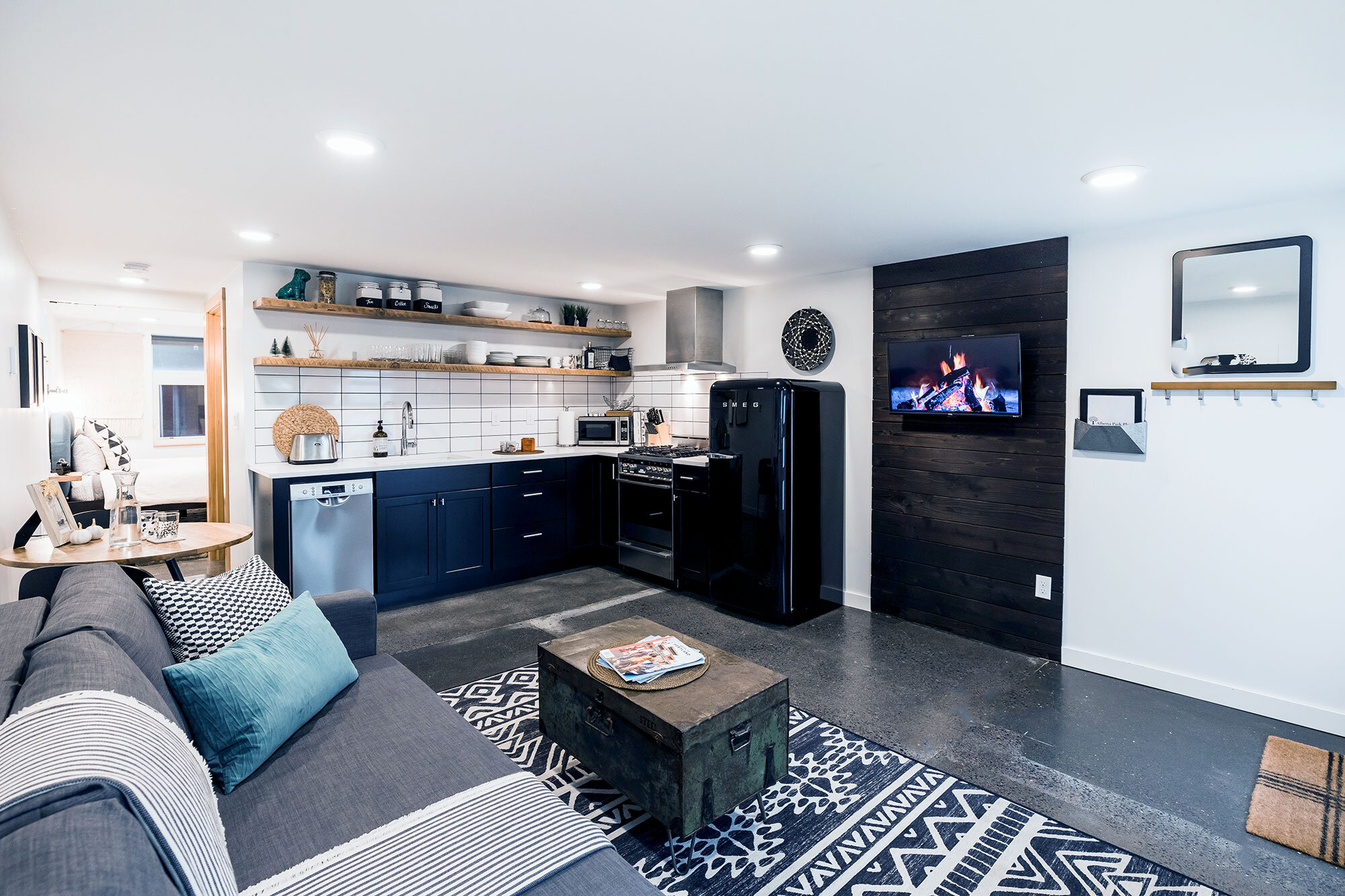Are you considering converting your garage into an accessory dwelling unit (ADU)? It's a popular choice among homeowners who want to create more living space on their property and already have a garage structure in place. However, while converting a garage into an ADU can be a tempting option, it may not always be the best choice. In this blog post, we'll explore the pros and cons of garage conversion versus new construction for an ADU.
First, let's define what an ADU is. An ADU is a self-contained living unit that is added to a property's existing structures. ADUs are becoming increasingly popular in many cities as a way to address the housing shortage and provide additional living space for homeowners or rental income.
When it comes to converting a garage into an ADU, there are several advantages. The existing structure of the garage means that the foundation and framing are already in place, which potentially can save time and money compared to building from scratch. In addition, many garages already have utilities such as electricity and plumbing connected, which can also save on costs. We say potentially because starting with an older garage where the foundation, framing, siding, or roof are in poor shape could actually cost more to repair than building a completely new ADU from the ground up.
However, there are also several disadvantages to converting a garage into an ADU. For example, most garages are not designed with the same level of insulation as a living space, which can result in higher heating and cooling costs. Garages may also not have enough natural light, which can make the space feel dark and cramped. You could add windows and doors to bring in more light of course, but often older garages are built on property lines that may limit the ability and location where windows can be added. Additionally, converting a garage may not always be possible due to zoning regulations or structural limitations.
Another drawback is that often garages don’t have the utility hookups that will be required. Water, sewer, and electrical connections could require you to cut up existing foundations or slab within the garage in order to get the utilities to the right places. This isn’t a deal breaker, but is a costly part of the conversion process.
On the other hand, building a new ADU from scratch can offer several advantages. For one, a new ADU can be designed specifically for living, with features such as proper insulation, natural lighting, and more spacious layout. A new construction ADU can also be designed to match your aesthetic taste, or the style of the existing home and be tailored to the needs of the homeowner or potential renters. Additionally, new construction ADUs are often larger than converted garages, providing more living space and potentially increasing rental income and property value.
While building a new ADU may seem like a more expensive option at first, it's important to consider the long-term benefits. A new construction ADU is likely to have a longer lifespan than a converted garage, which may require more maintenance and repairs over time. And when you consider energy efficient design and construction the new ADU will probably be much cheaper to operate on a monthly basis with lower utility bills. A new ADU can also potentially increase the value of your property more than a converted garage, which can be especially important if you plan to sell in the future.
In conclusion, while converting a garage into an ADU may seem like an attractive option, it's important to carefully consider the pros and cons before making a decision. In many cases, building a new ADU from scratch may offer more long-term benefits and be a better investment for homeowners. Ultimately, it's important to work with a trusted advisors, designers, and builders to explore all of your options and make an informed decision based on your unique situation and goals.
We are happy to answer questions and help advise you on the right path to adding an ADU based on the specifics of your property and your personal project goals. Please reach out to tell us about your ideas and we will do our best to help in any way we can.

